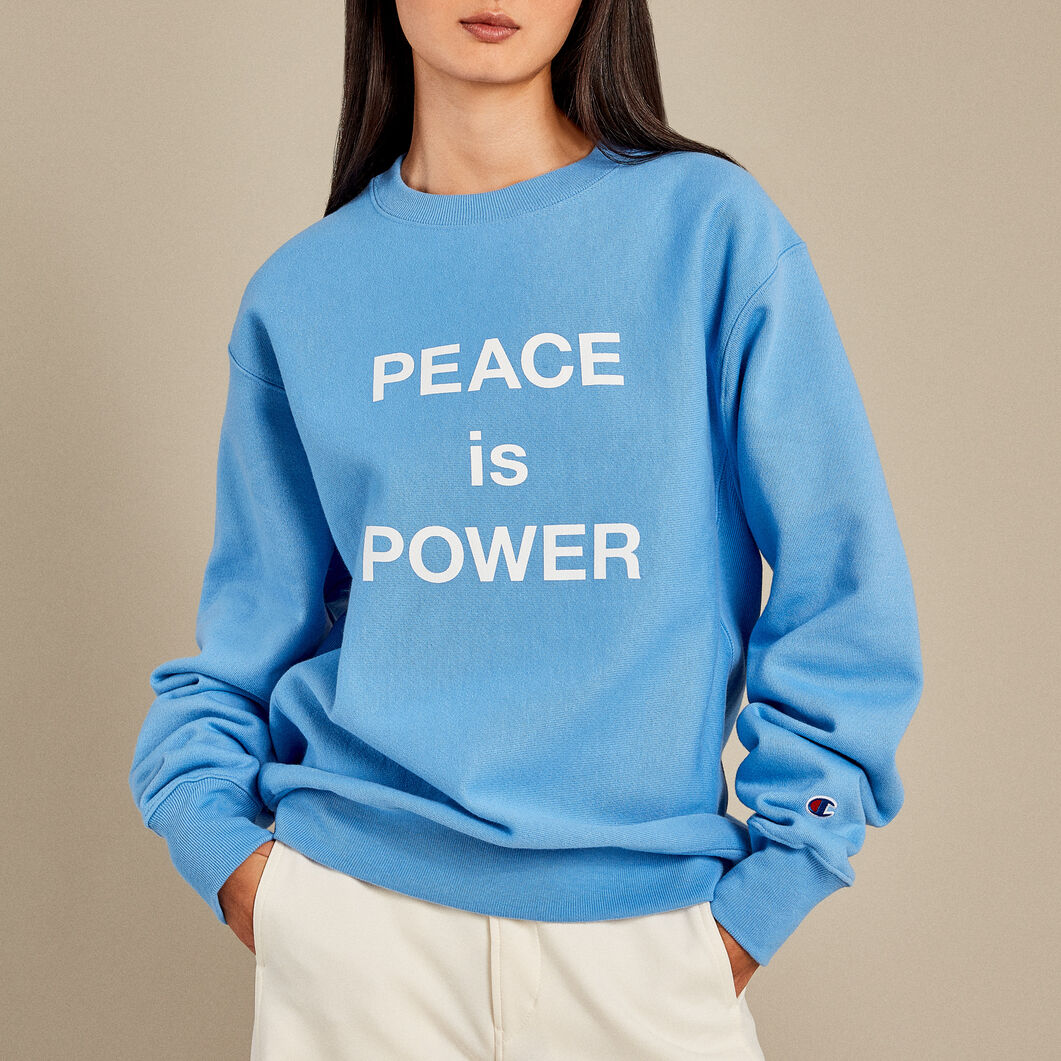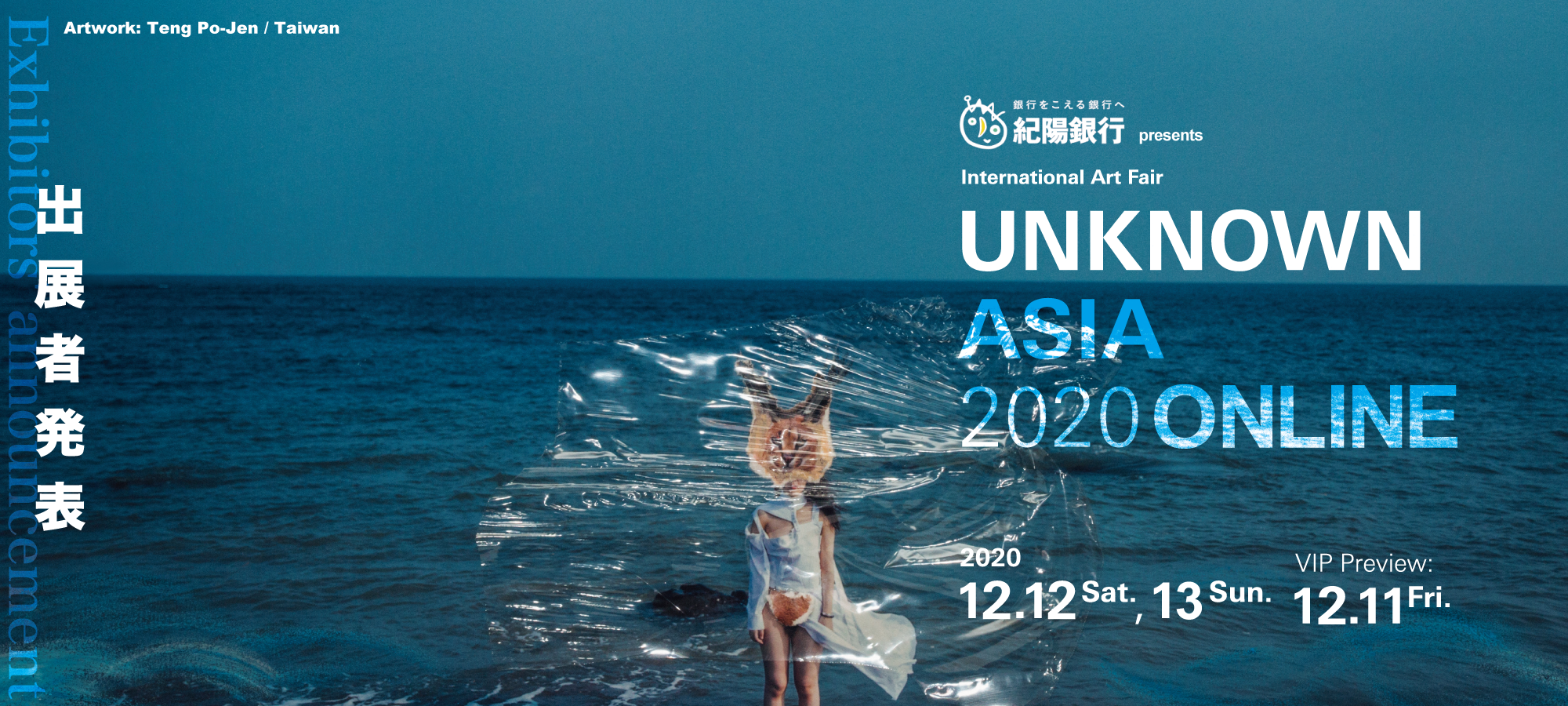EL COLECTIVO DE JULIAN
PEOPLEText: Gisella Lifchitz
What was your first contact with music?
As a kid, I remember being a little record fetish, you know, the ones that came in colors. Once, a record melted in the sun, and I was horrified by that vision. I also played around a tree as if I was an old record player. My older brother had parties in the house to the rhythm of disco music. I was 6 years old and for me, that was a wonderful world. At 15, I began to play the piano. A little later, I started to compose my own songs. Right now, I guess we’re like instruments touched by somebody else, who makes the decisions. That is the best feeling of all.
Let’s talk a bit about the album “Colegiales Express”. Tell me why the name.
Well, the name came up because that’s the name of my neighborhood, and it makes me think of my house window, I also wanted to talk about buses and I found the word express, which I like. You know, later I discovered that there are two types of cookies with those names.
How is the record distributed?
We’re being edited by an independent company, it’s new and it works with many
independent bands. It’s called Independent Musicians Union. It is a really great idea and very helpful for us.
Is there a message behind it all?
Well, I would say that I’m against passiveness, in a concert and in life. Real life happens outside a concert, and I like to agitate things.
The incredibly honest lyrics and unpretentious but deep meaning of those words turn the album into a strongly recommended piece of urban art. It is dedicated to “those who fight to keep the spirit of December, 19th and 20th of year 2001”.
Those were revolutionary days in Argentina: the people burst into the streets and claimed for their rights, in some sort of an spontaneous fellowship. The air was different at that time, Buenos Aires became another city, a politically shaken one.
How’s that?
I have this ambiguous thing. I’m not frivolous and like to pay attention to the world, but on the other hand I’m not that political. I like to criticize the world through art and creation. I admire those people who actually make real things to change the world. In one of my songs I say “I’ve got nothing but my art”, I believe this is just music. You can’t change the world through music. If you work with the poor people and spend your time there, well, maybe you can. I really admire them. What I have to offer is this little album. I liked that revolutionary movement because it made me feel a part of this place. Before that, I felt like a stranger.
What are your next projects?
We’re going to change our sound into a lighter format, with no drums. We want to create a “guerrilla” show, appear somewhere, anywhere and just plug and play. We like to experiment with sound, performances, humor, new noises and stuff. I want it to be more versatile, I’m truly enthusiastic about that.
My “Colectivo” record keeps playing inside my bag and into my ears. Outside, the world still goes round and round, while the people keep looking at each other, searching for something, anything. I listen to the soft hopeful voice coming from my earphones: “Welcome aboard to Julian’s bus, and we whistle tunes waiting for the end of the day. But they don’t really say anything in particular”. Nah, I sing. They actually are telling me one bright version of the world.
“I want to walk in the sun for a good while”, I keep on singing. “And walk along seaside streets with the will to go on without fearing the new day”. While the streets are still so crowded and somewhat meaningless, this new groove opens my eyes to another world, where finally everything’s possible.
Text: Gisella Lifchitz
Photos: Gisella Lifchitz







